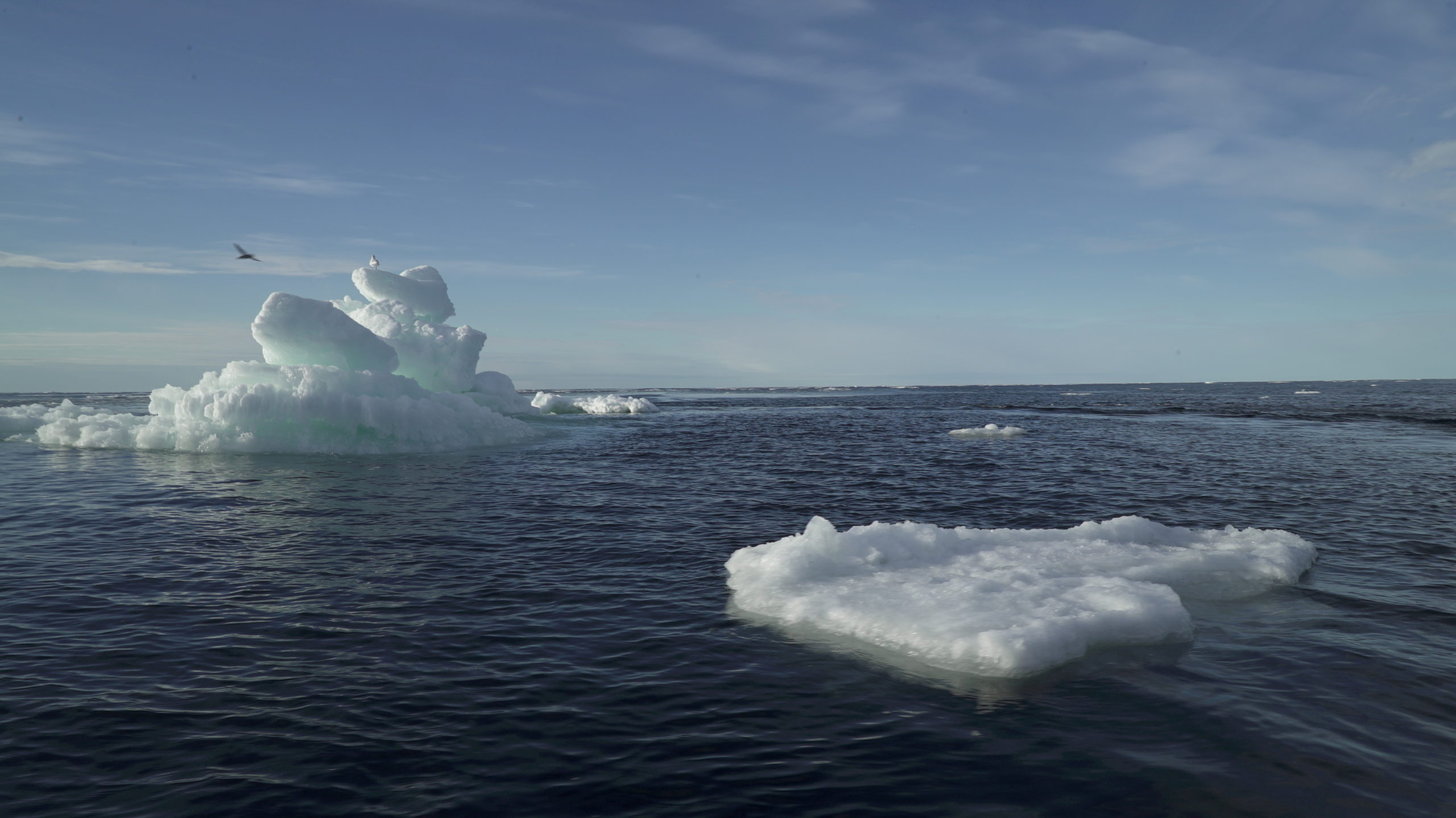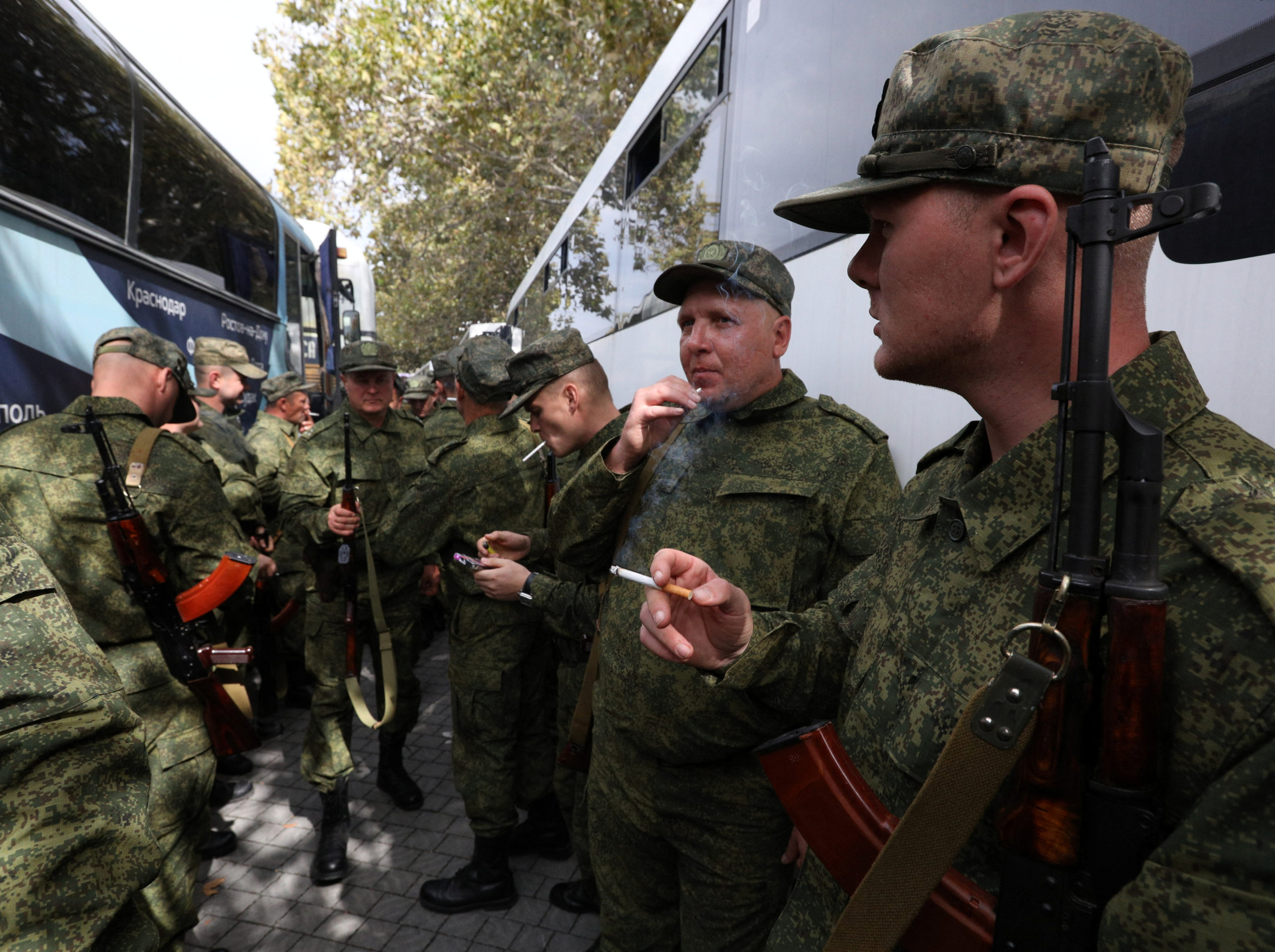A new survey of experts hints at how the future of Arctic cooperation could play out
Russia's recent mobilization doesn't bode well for the future of the Arctic Council.

The Russian invasion of Ukraine has brought about significant geopolitical shifts. Lines have been drawn and alliances solidified, leaving little space for ambiguity, especially among western states.
The Arctic region was affected by these changes as western states imposed sanctions on Russia for its blatant violations of international law. The activities of the Arctic Council, an international organization that promotes Arctic co-operation, have been suspended for several months.
It’s difficult to foresee how Arctic institutions will continue in the future given the fundamental rift between Russia and the West. Will co-operation ever resume among the eight Arctic states — Canada, Denmark, Finland, Iceland, Norway, Sweden, Russia and the United States? If so, how?
Many experts have weighed in and suggested ways to move forward with co-operation, either with or without Russia.
We conducted a survey of Arctic experts about their predictions on what will happen in the Arctic in the next year. One focus was the future of Arctic governance given the Russian invasion.
Through a series of questions, we asked respondents to estimate the chances a given event would take place by a specified date, a “0” indicating the event was impossible and “100” indicating the event was a certainty.
Rightfully pessimistic
Our respondents were correctly pessimistic about Arctic Council members, including Russia, resuming co-operation by the end of September 2022. On average, this was rated as having a 17.8 percent chance of happening.
We also asked about the chances that the seven Arctic states, without Russia, would start a new regional Arctic forum before then. On average, this was rated as having a 37 percent chance of happening.
Finally, we asked about the chances Russia would start a new regional Arctic forum by the end of September 2022. This eventuality was rated as having a 23.6 percent chance of happening, on average.

All in all, prospects of renewed co-operation were not perceived as likely, whether within the Arctic Council or via alternative arrangements. An uncomfortable status quo in which co-operation is suspended was rated the most likely scenario.
We also asked respondents to estimate the chances that a military conflict would take place in the Arctic region by the end of September 2022. This was rated as having only a 10.5 per cent chance of happening, on average.
Our respondents were more concerned that Russian bombers would violate the air space of an Arctic state before then, giving this eventuality a better-than-even (53.4 percent) chance of happening on average.
No direct conflict, but provocations
So to summarize: The chance of a military conflict in the Arctic region was rated as low, but experts believe Russian military provocations could extend to the Arctic.
Are they right? As far as Arctic governance goes, the experts were accurate in rating some scenarios of having a low chance of happening. None of them occurred.
Although the seven western Arctic states co-operated and continued working together in the region, they haven’t formed a new co-operative mechanism, choosing to favor the Arctic Council over a new forum.
Concerning Arctic military conflicts, our experts estimated the outcome correctly as well. No military conflict materialized in the Arctic, but Russia violated Finland’s sovereign airspace in mid-August.
These observations for the immediate future of the region give us an idea of the likelihood for an Arctic reset. With the war in Ukraine still raging, it’s not surprising that Arctic co-operation has not resumed.
But assessing the lasting impact of the conflict on Arctic cooperation is of great importance. Even if the Russia-Ukraine war were to end tomorrow, would co-operation resume shortly after?

Political will
We have indications that Russia prioritizes restarting cooperation at the Arctic Council.
This would require western states to lift sanctions imposed as a result of the invasion. Simply put, resuming co-operation will hinge on the political willingness of the seven other Arctic states to re-engage with Russia. But this path is obviously dependent on a change in Russian conduct.
As stated by David Balton, director for the White House Arctic Executive Steering Committee, resuming cooperation with Russia at the council is “largely up to Russia, it’s not up to us.”
Similar sentiments are echoed by Markku Heikkilä, from the Arctic Centre at the University of Lapland: “As long as (Vladimir) Putin or a Putin-like regime sits in Moscow, there is no returning to business-as-usual with Russia.”
The June 2022 closing of the Norwegian Consulate General in Murmansk, Russia, in northwest Russia and above the Arctic Circle, was announced as a temporary measure. But Norway’s foreign affairs minister, Anniken Huitfeldt, also added: “There are few indications that the situation will improve, and the closing may thus be long-lasting.”
The mood is somber and pessimistic indeed, especially given that a Putin-less regime is unlikely to emerge in Russia and that Russia is pursuing its war of aggression with no reservation or regret. That makes it unlikely that goodwill gestures will soon mend bridges with other Arctic states.
On this note, our expert survey points towards (moderate) optimism: they estimated, on average, that resumption of cooperation at the council was twice as likely to happen by May 2023 (35.9 percent) than by Sept. 30, 2022 (17.8 percent).
Two scenarios
As we move past the first six months of the Russian invasion of Ukraine, it’s clear that resuming cooperation within the Arctic Council without Russia is untenable over the long term.
This leaves two likely scenarios for the next 12 to 18 months: either cooperation resumes at the Arctic Council with all eight Arctic states involved, or two new cooperative organizations will be established, one led by Russia and another by the seven other Arctic states.
The next six months will provide us with a better indication as to which scenario is likely to unfold although the recent Russian mobilization order doesn’t bode well for the Arctic Council resuming activities with all eight members involved.
The Arctic Council ministerial meeting scheduled for May 2023 will represent a defining moment for the future of the region.
Mathieu Landriault is a part-time professor of political studies at L’Université d’Ottawa/University of Ottawa and Paul Minard is a lecturer in conflict studies at Université Saint-Paul / Saint Paul University.
This article is republished from The Conversation under a Creative Commons license. Read the original article.
The views expressed here are the writer’s and are not necessarily endorsed by ArcticToday, which welcomes a broad range of viewpoints. To submit a piece for consideration, email commentary (at) arctictoday.com.